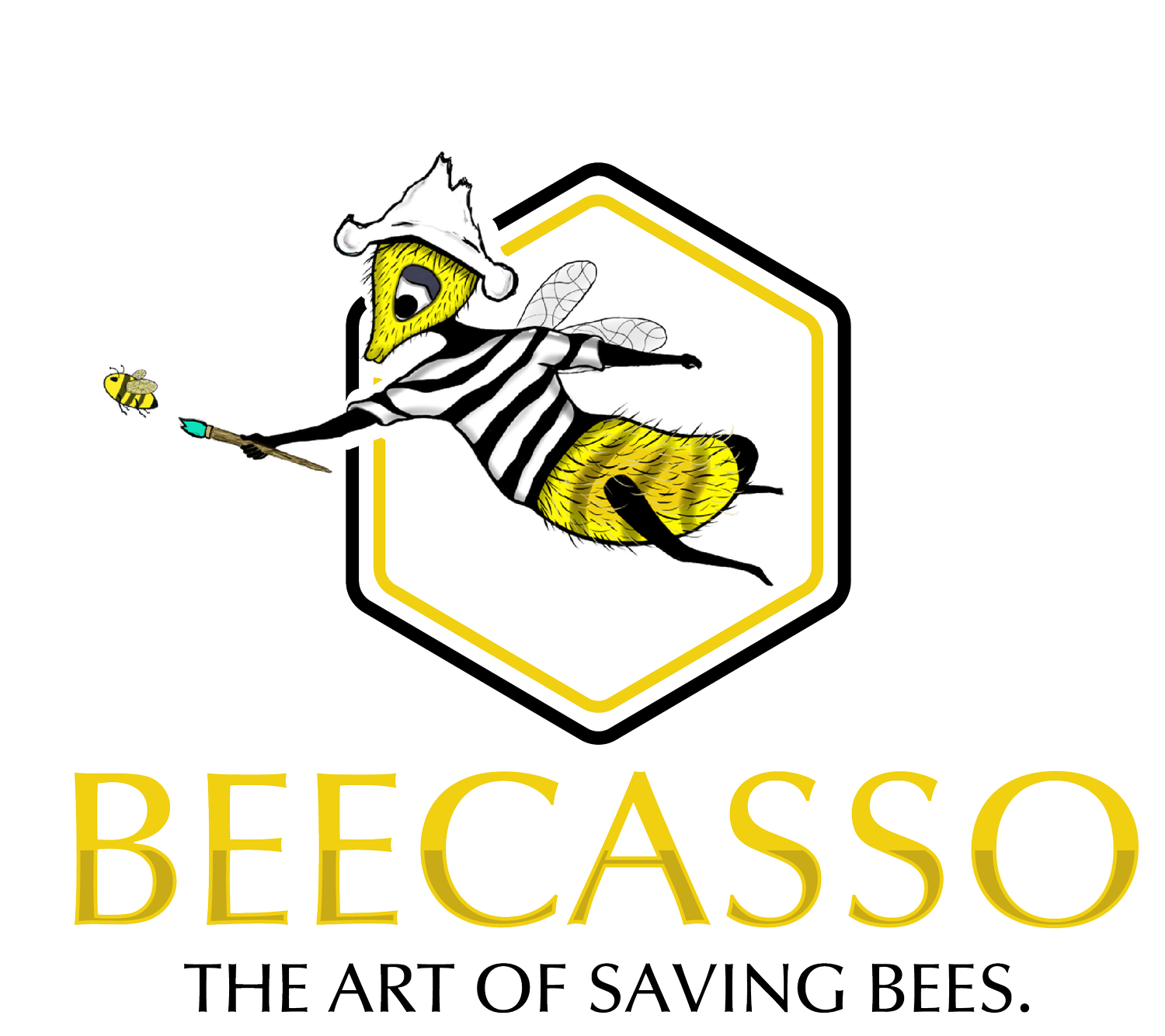You may think that bees are just producers of honey that occasionally get trapped in your conservatory, but in fact they play a vital part in helping provide at least one third of the food we eat. Bees are essential in pollinating both crops and other plants – especially those which grow in your garden and the wild – and without them there would be no-one to provide what is a vital service. Animals eat the plants that bees pollinate just as we do, and fruit trees would not provide fruit without pollination. This is a major consideration when talking of the plight of the bees.
Why are bees dying?
Bee-keepers have noticed a vast increase in the numbers of bees dying in recent years, and there are many theories as to why. None have been proven, but some hold more water than others. A phenomenon called Colony Collapse Disorder was first observed in the USA and involved entire colonies of bees dying out, and while there have been instances in the UK it is not considered to be a major cause. More likely causes are the increased use of insecticides and other chemicals, plus the rise in the growth of genetically modified crops. Also, non-native bees – there are many more species in this country now and only 25 native species left – may be responsible, and mites that carry diseases have been cited by some sources. All we know for sure is that bees are dying, and that it is a problem that is being largely underestimated.
How can i help?
Bees favor certain types of flower that can also enhance a garden, and providing these is relatively simple. Look for cornflowers, buddleia and poppies, plus fruit trees and shrubs, rhododendron and other flowering shrubs. If you can, create a wild flower section in your garden for bees thrive on many types of commonly found wild plants. You may also consider keeping bees, an interesting and rewarding hobby that need not be expensive and also provides you with honey, if you have the space!


